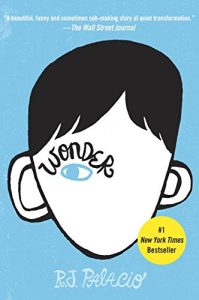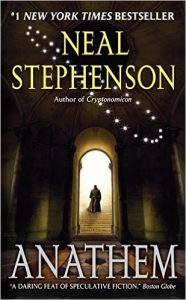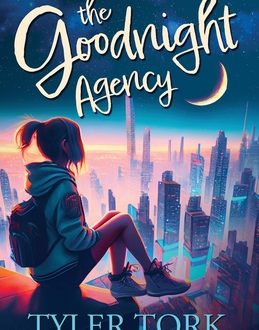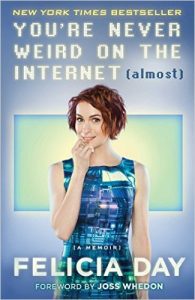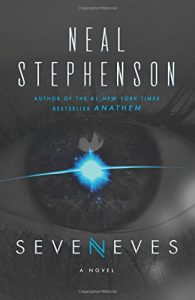
Book Review: SEVENEVES by Neal Stephenson
On some levels, I am still processing Neal Stephenson’s Seveneves, despite the fact that I finished it almost a week ago, and have read another book and a half (granted much shorter books than Seveneves) since then. I think this is because I have, in essence, two different reactions.
Reaction one is the simplest. Stephenson remains a wonderful story teller. And the story of the survival of humans after a disaster that should have destroyed the entire species is one fitting to the scope of his talents. (Readme, on the other hand, while a very long book, felt like too small a story, no matter how great the characters were.) The premise of the story is great, and I had no problem simply accepting the precipitating event, that everyone had to focus on the effects, instead of the cause.
I am also a fan of Stephenson’s current initiative to write science fiction with a message of hope. And while the book did end on a message of hope, and a message the story earned, I do not know that I actually found it as hopeful as it was intended to be.
For a slightly different take, here’s the Amazon review by my friend stuartm.
I have refused to finish books where I did not like the characters. And most of the time, my issues have to do with how men write women. Some men write female characters who are people, and other men write women who are walking stereotypes. Stephenson is normally among the former, and I have never felt the need to set aside one of his books because the characters do not feel fully developed.
Unfortunately, in Seveneves, while the majority of his characters are these fully developed people whose motivations we understand, there are a few who are not. And those people are the “bad” ones. Stephenson telegraphs who his “villains” will be by never letting us inside their heads (or very rarely). We spend a lot of time in the POV of the characters who are the heroes of the story, and almost none in the POV of the “villains”.
And you may try to argue with me that that is pretty standard in all books. As readers, we follow the heroes and the villains are just there to test them, for the heroes to prove their worth against. But in Seveneves, the challenge that the characters must stand against is NOT each other, it is against the literal end of the human race. Not putting the reader in the heads of some of these characters feels like cheating, feels like Stephenson could not actually imagine fully developed women who would feel and act in certain ways, and therefore, we were only allowed to see them from the outside, from the POV of the people they are meant to be in conflict with.
And that is made worse by the fact that over the course of 5,000+ years, almost none of the descendants of those characters get the chance to grow out of those stereotypes. The human race grew in number, but it seemed to also grow in segregation. Racial purity is very much a “thing”. While there are references to a few “mixed race” individuals, we as the reader never meet any, nor do they seem in any way common. Those that exist are very much only the mix of two races, as if, perhaps, mixed raced individuals were never allowed to reproduce.
In the end, I think that is what gets to me the most. This is supposed to be a book about hope. And it is a book that starts with an event that pulls humanity together as one to survive, and ends in a world that is even more sharply divided than the one now, one in which it could be argued that the different “races” of humans are truly different species. And as the reader, I am never given the other side of the story. I am never given the opportunity to see whole groups of people as, well, people.
For a book that is supposed to end with the hope of all humanity being reunited, it instead felt to me as if ended with the hope that this one group of people will unite against this other group of people and defeat them. The problem is, as the reader, I do not really know what is so “evil” about that second group, other than the fact that their “Eves” did not really like each other.
